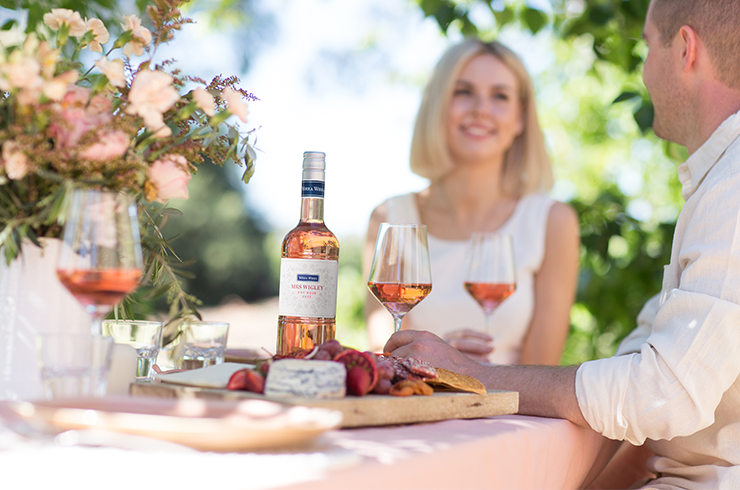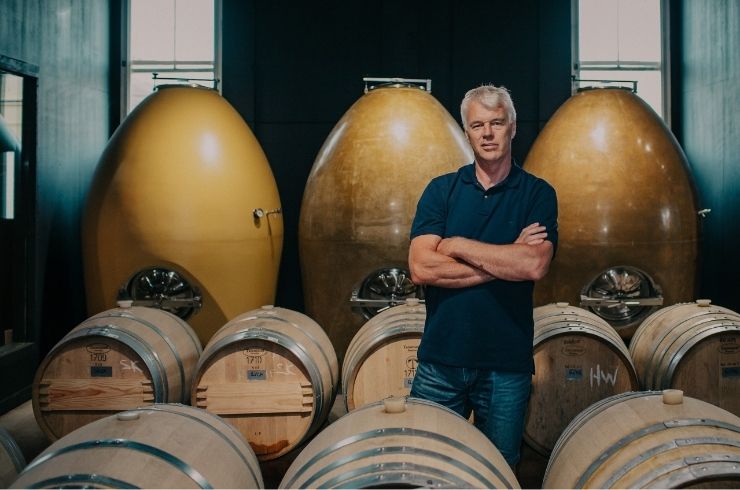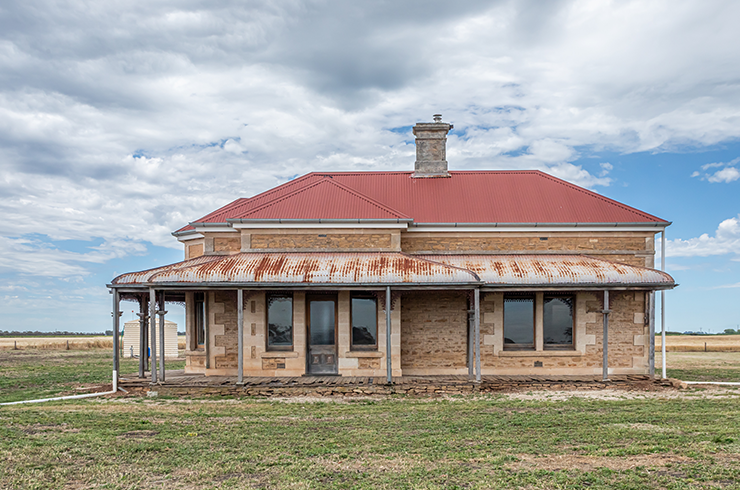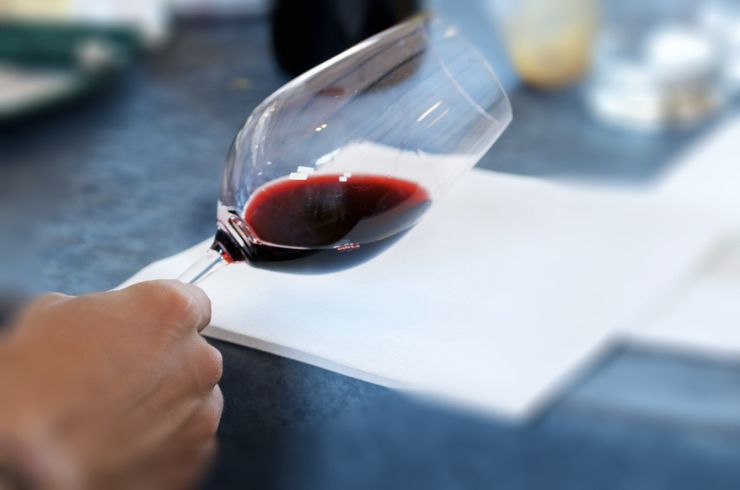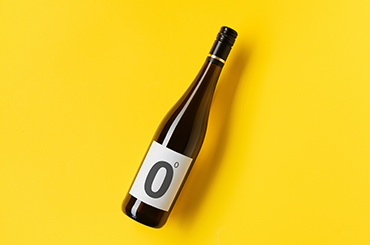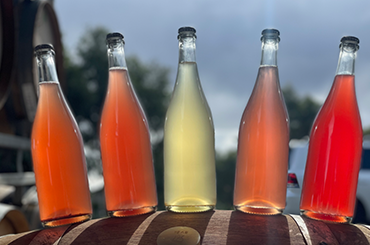Wine in a Can
Serious drinkers may turn their noses up at the idea of wine in anything but a bottle, but you can’t knock the ingenuity of the handful of companies breaking away from tradition with canned wine.
Offering an introduction to wine for young drinkers, the ability to enjoy one or two glasses rather than a full bottle, and a safe, transportable option for outdoor activities, it all makes a solid case for wine in a can.
The history of canned wine in Australia
In Australia, Barokes created the first successful wine in a can in 1996 and patented the technology, known as Vinsafe, in 2002. Barokes now licenses their technology to producers in Australia and overseas. Barokes’ marketing director, Irene Stokes, says of the technology: “Vinsafe ensures wine is canned to maintain the product's integrity (colour, taste, aroma), stability and longevity.”
Barokes’ canned wines have since received more than 400 medals at international wine shows, going some way to recognise the relevance of the category. And now the trend has spread across the Tasman, with New Zealand’s Misty Cove Wines recently launching its canned wine range.
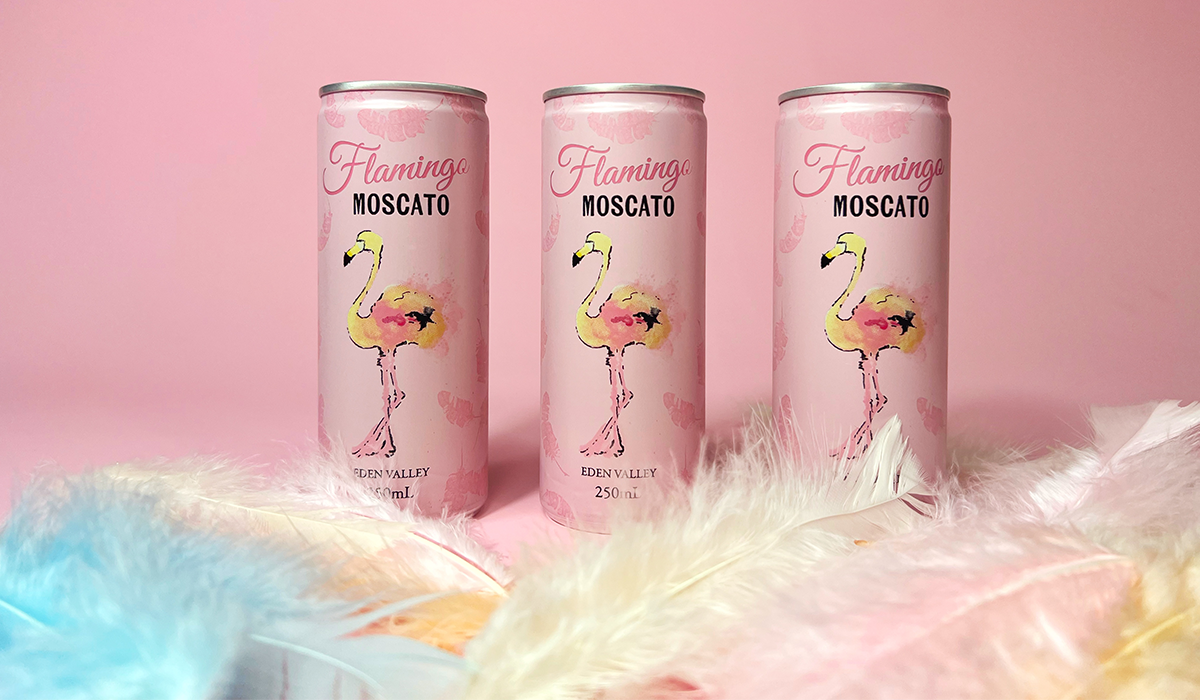
Why drink canned wine?
Misty Cove founder, Andrew Bailey, lists the practical nature of wine in a can as a top reason for their release of a canned pinot noir and sauvignon blanc. “Wine is best enjoyed with friends and family, and in cans it’s much more portable for barbecues, camping, hiking, beaches, boating, festivals, sporting events – basically anywhere glass is not suitable. They are lighter, 100 per cent recyclable, faster to chill, unbreakable and provide an excellent vessel for wine as there is no light strike or air influence. The cans also have the patented Vinsafe liner (Barokes’ technology), which prevents any contact with the aluminium and, in turn, any effect on the wine.”
A while back, Innocent Bystander in the Yarra Valley also released a canned version of their popular moscato (now in 275ml twist-top bottles). For the youth segment of the market, this makes sense because it’s an introduction to wine that offers a low-alcohol content ideal for an age group known to consume more drinks, more quickly.
Young people are the principle market for canned wine products. “Our target audience has generally been females aged between 22 and 40, and now the millennial males in the US,” says Irene.
Andrew points to the approachable nature of canned wine products, appealing to a broad audience that includes young people. “Our wine in a can is the next step in bringing down some of the barriers that many consumers struggle with when approaching wine on the shelves, opening up the world of wine to everyone, whether they're a first-time consumer or a seasoned connoisseur,” he says.
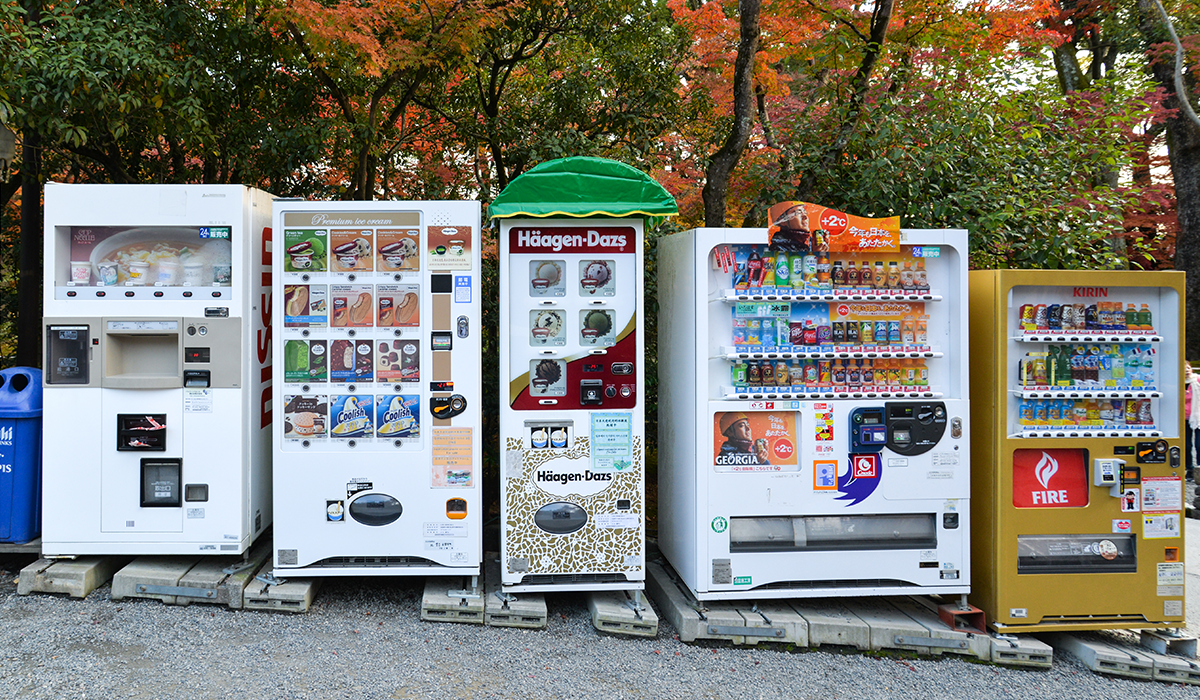
Canned wine in Japan and Australia
For anyone who has been to Japan, you’ll know that you can get pretty well anything in a can there and Barokes has made sure that includes wine too. “The largest markets for canned wine are Asia and North America, and by far the largest and most developed Asian market is Japan. Retail sales in Japan have reached in excess of $120 million in the past decade, with most of this growth occurring in the past five years,” says Irene.
What has the response been like in Australia? Irene says that it’s been slow, but it’s beginning to gain momentum.
“Australians are known for being great innovators/inventors, but also notoriously slow adopters of their own technology,” she says. “The tide has turned in the past few years, however, and our canned wine products now sell very well through Dan Murphy’s.”
Both Barokes and Misty Cove emphasise that their products are an addition to the market, and one they would never expect to override bottled wine.
“Wine in a can was never intended to compete with a bottle of wine in a fine dining setting,” says Irene. “That said, there are many settings where wine is preferred by consumers but not practical in a bottle and with glasses.”
